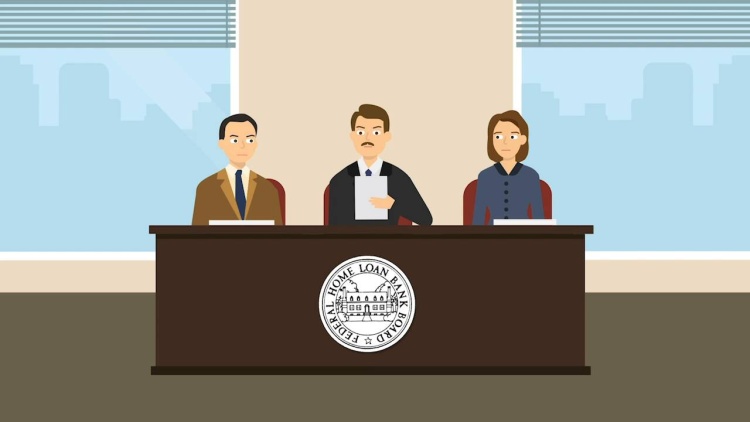Cottage Savings Association v. Commissioner
United States Supreme Court
499 U.S. 554 (1991)

- Written by Robert Taylor, JD
Facts
During the late 1970s, the United States experienced a major surge in interest rates that threatened the stability of savings-and-loan associations (S&Ls). S&Ls that owned interests in long-term low-interest-rate mortgages suffered significant declines in portfolio values as a result of rising interest rates. In 1980, the Federal Home Loan Bank Board (FHLBB) relaxed its requirements on S&Ls to report losses and issued a memorandum excluding from the reporting requirements any mortgage losses incurred as a result of an exchange of substantially identical mortgages with another lender. FHLBB stated that the purpose of the 1980 memorandum was to enable S&Ls to generate losses for tax purposes that would not have to be reported as losses to FHLBB. Later that year, Cottage Savings Association (Cottage Savings) (plaintiff) entered into a transaction with several other lenders whereby Cottage Savings exchanged its portfolio of long-term low-interest-rate mortgage-participation interests, which had a fair market value of $4.5 million, for a different portfolio of participation interests that had the same fair market value. The various mortgage-participation interests exchanged in the transaction were secured by single-family-home properties. The face value of the interests that Cottage Savings relinquished was $6.9 million and had declined due to rising interest rates. For the 1980 tax year, Cottage Savings requested a tax deduction in the amount of the difference between its basis in the participation interests that it sold (face value) and its basis in the participation interests that it received (fair market value). Pursuant to the memorandum, Cottage Savings did not report a loss to FHLBB. The tax commissioner (commissioner) (defendant) disallowed Cottage Savings’ claimed deduction for the losses. Cottage Savings petitioned the United States Tax Court for a redetermination. The tax court held in favor of Cottage Savings, and the commissioner appealed to the United States Court of Appeals for the Sixth Circuit. The court of appeals held that although Cottage Savings had realized losses, the deduction should be denied because the losses were not incurred during the 1980 tax year. The United States Supreme Court granted certiorari.
Rule of Law
Issue
Holding and Reasoning (Marshall, J.)
Dissent (Blackmun, J.)
What to do next…
Here's why 905,000 law students have relied on our case briefs:
- Written by law professors and practitioners, not other law students. 47,100 briefs, keyed to 995 casebooks. Top-notch customer support.
- The right amount of information, includes the facts, issues, rule of law, holding and reasoning, and any concurrences and dissents.
- Access in your classes, works on your mobile and tablet. Massive library of related video lessons and high quality multiple-choice questions.
- Easy to use, uniform format for every case brief. Written in plain English, not in legalese. Our briefs summarize and simplify; they don’t just repeat the court’s language.





